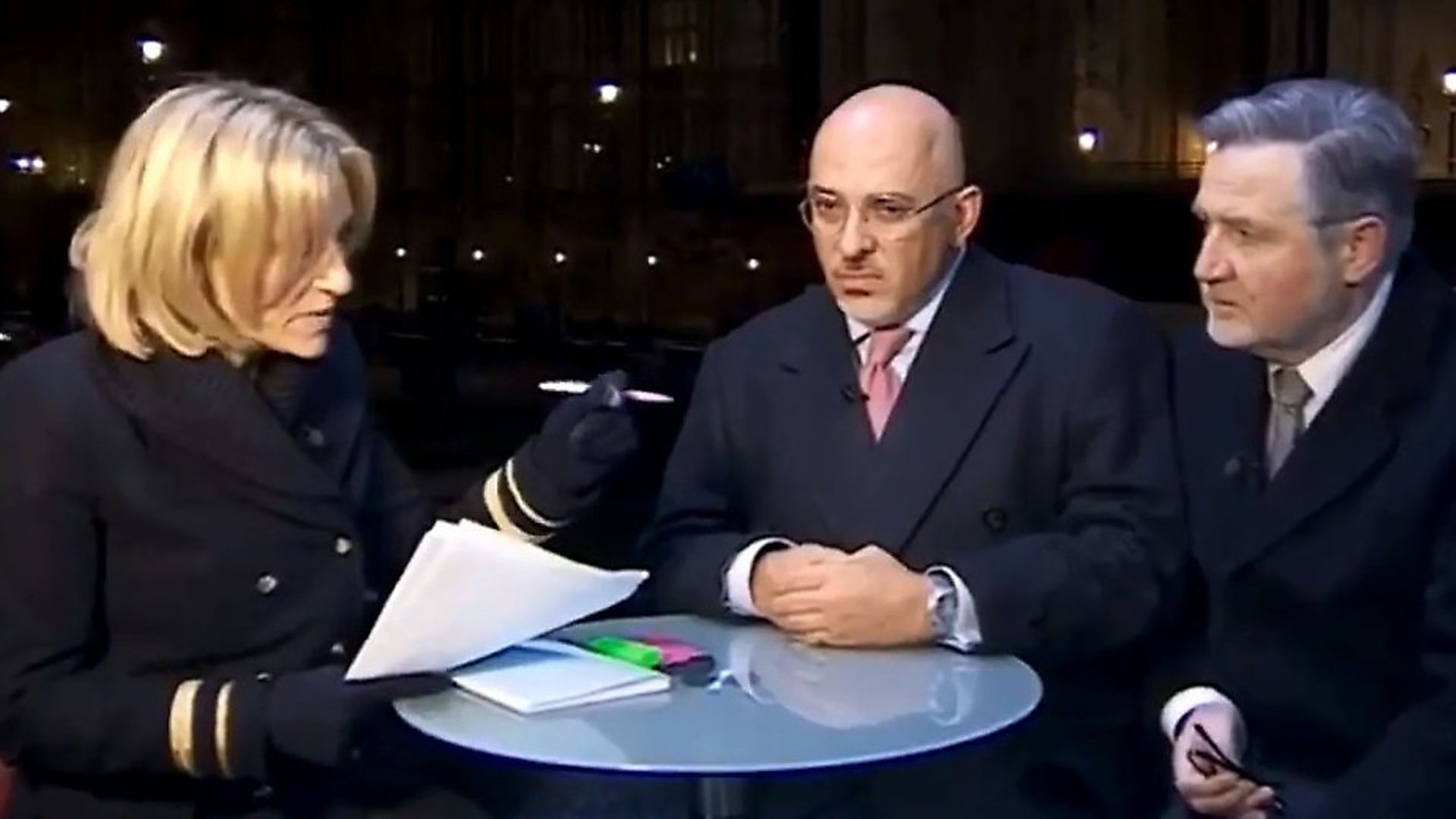
Emily Maitlis has been named as the new presenter of BBC’s current affairs programme Newsnight, as the programme moves to an all-female line-up.
Maitlis will take over the lead anchor role on the BBC Two show, taking over from 25-year presenting veteran Kirsty Wark.
Canadian-born Maitlis has acted as a political editor and presenter on the current affairs show, and has covered numerous elections for the BBC.
She said: ‘I am delighted to be moving into this role at a time when Newsnight feels so pivotal to our understanding of this extraordinary moment in British history, and to be working with such an exceptional team.’
During a recent interview with Gardiner on the subject of Labour’s approach to Brexit negotiations, Maitlis was praised for capturing a mood of national frustration with a cutting ‘side-eye’.
The expression of exasperation went viral, with some commentators saying it typified the UK response to ongoing Brexit deadlock.
Maitlis will replace Wark in the main anchor position, with the experienced presenter now taking what the BBC has termed an ‘enhanced role’..
The presenting team will also be joined by BBC Radio 5 Live daily morning show presenter Emma Barnett, while she continues to present her radio programme.
Esme Wren, editor of Newsnight, said: ‘This is a tremendous presenter line-up that sends out a clear signal about the programme’s growing ambition.
‘All three presenters bring substantial political clout and a wealth of expertise across a broad range of subjects.
‘Emily’s promotion to lead presenter is testament to the journalistic excellence, passion and tenacious interview style that saw her recognised as Network Presenter of the Year at the recent RTS Television Journalism Awards.
‘Kirsty, also an award-winning journalist and presenter, will continue to bring her great authority and forensic skills to an increased number of shows, and to drive the programme’s commitment to the arts and culture.
‘And we’re also thrilled to welcome Emma – whose formidable skill as an interviewer and no-nonsense approach further strengthens the programme’s agenda-setting impact.’
Warning: Illegal string offset 'link_id' in /mnt/storage/stage/www/wp-includes/bookmark.php on line 357
Notice: Trying to get property 'link_id' of non-object in /mnt/storage/stage/www/wp-includes/bookmark.php on line 37






